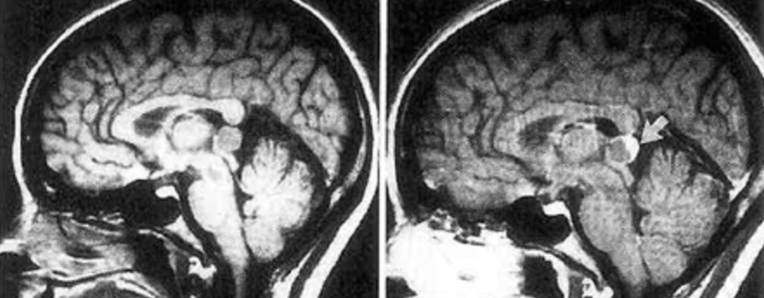Photo Credit: iStock.com/Nortonrsx
Mohamad Mohty, MD, PhD, spoke with Physician’s Weekly about strategies that can help make it easier for clinicians communicating cancer diagnoses.
Conveying bad news to a patient, particularly when it involves a cancer diagnosis, is challenging and can affect a patient’s mental state and ability to make informed decisions regarding their care.
Drawing from personal experiences, Mohamad Mohty, MD, PhD, and colleagues published an article in Clinical Hematology International to help healthcare practitioners navigate this emotional gauntlet.
Dr. Mohty spoke with Physician’s Weekly (PW) about takeaways that can be adapted in practice.
PW: What inspired you to create guidance for clinicians who need to deliver bad news to their patients?
Dr. Mohty: Delivering bad news is one of the toughest responsibilities in clinical hematology; there’s no blueprint that works for every patient. Since hematological cancers come with complex prognoses and treatment challenges, how clinicians communicate this information can significantly impact patient understanding, emotional response, and trust in their care team.
In this article, we emphasize that effective, empathetic communication isn’t just a soft skill. It’s a crucial part of patient-centered care. Without proper communication, patients can feel lost and unsupported or even misinterpret critical medical decisions.
How can your observations be incorporated into practice?
One of the biggest takeaways is preparation. Clinicians need to set aside time to gather medical details and understand the patient’s personal and emotional background. Small yet impactful changes, like ensuring a private, calm setting, sitting at eye level with the patient, and having a support person present, can make a major difference.
Another key point is adapting language; avoiding complicated jargon and adjusting communication to the patient’s level of medical understanding helps clarity and connection. Lastly, follow-up is crucial! Offering future meetings and a way to reach out with questions ensures ongoing support beyond the initial conversation.
Why is it important to carve out time for these difficult situations?
Preparing is important because rushed conversations often lead to confusion, distress, and a breakdown in trust. Patients need time to process what they’re hearing, ask questions, and feel reassured that their concerns are being addressed.
Our article points out that distractions (like computers, pagers, or even watches) should be minimized so the clinician can fully focus on the patient. When bad news is delivered in a well-prepared, thoughtful manner, patients and families are more likely to feel respected and engaged in their care decisions.
What are some key strategies for clinicians to follow?
It starts with assessing what the patient already knows: asking an open-ended question like “What is your understanding of why we’re meeting today?” allows the clinician to tailor the conversation to the patient’s baseline knowledge. Other strategies include:
- Using clear, compassionate language (even for medical professionals, because even doctors outside hematology might not be familiar with the field’s terminology).
- Paying attention to body language: maintaining eye contact, using an open posture, and avoiding physical barriers like desks.
- Encouraging family involvement unless the patient prefers otherwise.
- Acknowledging emotions and giving space for silence so patients can absorb the information before responding.
What makes this issue particularly urgent in the healthcare landscape?
With increasing patient loads and time constraints, there’s a risk that these critical conversations might become hurried or depersonalized. Additionally, as AI becomes more integrated into healthcare, there’s concern about how much of this human connection might get lost.
Our article stresses that delivering bad news requires not just clinical knowledge but also emotional intelligence, something that can’t (at least not yet!) be replicated by AI. Teaching and modeling these skills for future clinicians is essential to maintaining compassionate care in an evolving healthcare system.
What would you like future research to be focused on? What still needs to be explored?
A significant area for future research is how communication strategies impact long-term patient outcomes regarding psychological well-being and medical decision-making. Another interesting angle is the role of interdisciplinary teams (eg, how social workers, nurses, and psychologists can support clinicians in these conversations). Additionally, as telemedicine expands, figuring out how to deliver sensitive news effectively in a digital setting is another pressing area to explore.
While delivering bad news will never be easy, having a structured approach helps both the patient and the clinician. Compassionate communication supports the patient and reduces clinician burnout. Doctors who feel prepared and supported can navigate these conversations with greater confidence and empathy. Lastly, incorporating these skills into medical training ensures that the next generation of clinicians is well-equipped to handle these profoundly human moments.





















Create Post
Twitter/X Preview
Logout